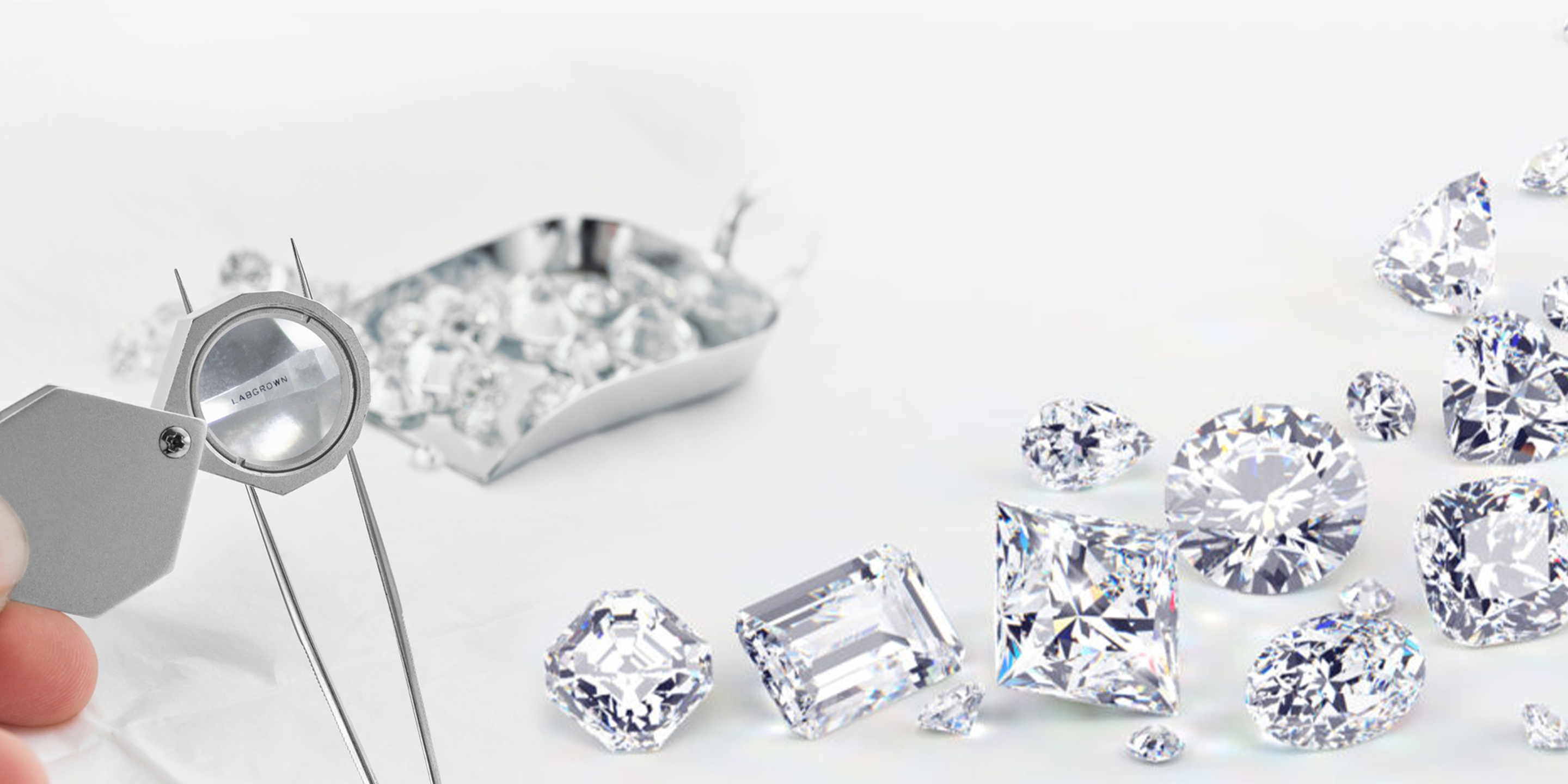
Addiction from crack cocaine is one of the most difficult substance addictions to beat, but, this does not mean that it is impossible. If you are wondering how to get off crack, the secret lies in knowing how to prevent a relapse and fight cravings as well as where to get crack addiction help.
Crack Cocaine Cravings Signs and Symptoms
Crack cocaine cravings are exhibited on both psychological and physical level. The start of unpleasant crack withdrawal symptoms often leads users to use again and again.
This is why it is essential to know what you can expect with cravings – duration, onset, symptoms and the signs – and be prepared. Adequate preparation greatly helps in avoiding relapse.
Onset of Crack Cravings
Crack cravings do not usually occur within the first few days or hours after stopping using crack. Strong cravings begin a week after last use, with psychological and physical symptoms of withdrawal lasting for up to 10 weeks.
Psychological vs. Physical Cravings
Development of addiction to crack cocaine is reinforced both physically and psychologically. Therefore, it is not surprising to feel cravings throughout the body as well as in the head.
Psychological cravings include emotional and mental symptoms of quitting. They can be so unpleasant to a point of the individual wanting to use again.
Psychological cravings include:
- Suspicion of others and paranoia
- Poor concentration
- Dreams of using crack
- Unpleasant, vivid dreams
- Obsessive thoughts regarding crack cocaine
Physical cravings include:
- Retardation and psychomotor agitation
- Increased appetite
- Erratic sleep
- Fatigue and exhaustion
- Cravings for crack cocaine similar to hunger pangs.
How to Get Off Crack
Various treatment programs are available for treating crack cocaine addiction. From new but hopeful research on pharmaceutical solutions to meditation and psychotherapy, there is something for everyone.
Every day, drug addiction specialists, professionals, medical researchers, and counselors continue to collaborate to introduce and discover new and effective treatment programs. Some of the treatment therapies that have shown tangible success include:
Cognitive Behavioral Therapy
Cognitive Behavioral Therapy coping strategies aim to change the thinking of the addict leading to a change in behavior. The following cognitive behavioral therapy approaches have shown success in treating crack cravings:
- Distraction – being busy to focus on something else, for example, engaging in physical activity.
- Mindfulness – experiencing the craving and allowing it to pass
- Avoiding trigger situations – learn your triggers and how to avoid them.
- Talking with family, friends, a counselor or a sponsor – helps in relieving anxiety related to withdrawal and cravings.
Cognitive behavioral therapy does not center on 12-step language, your motivation or your past.
Behavioral Therapy
Behavioral therapy tactics such as motivational inducements and contingency management have also been effective in fighting cravings.
If you or a loved one would like crack addiction help, call United Recovery Project on 954-249-5026 for help.








